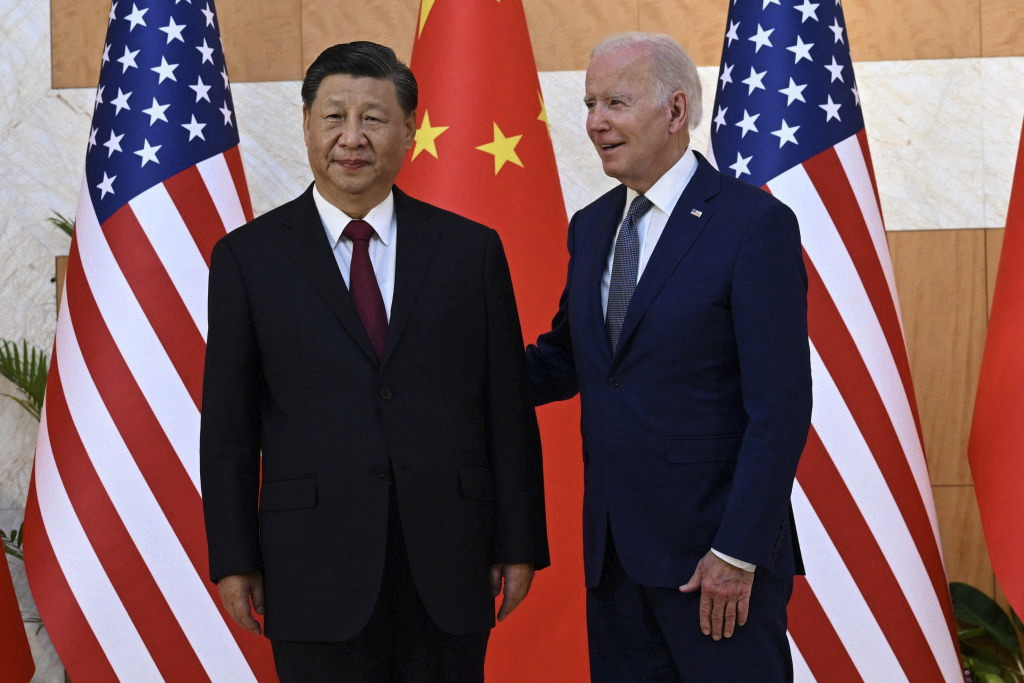Why Is America Desperate to Talk to China After Balloon Intrusion?
by Gordon G. Chang • February 12, 2023 at 5:00 am
There are many things wrong about Austin's attempts to communicate with Wei. As an initial matter, Wei's rank is far below Austin's.
Our defense secretary should insist, when he talks, to talk to the people in charge.
Americans are big on "dialogue." They believe as an article of faith, that there must be communication to maintain relations. In fact, communication with China has over the course of decades made matters worse.
How so? American attempts at dialogue empower the worst elements in the Chinese political system by showing everyone else that bad conduct works. The cycle is well known in Beijing: China engages in belligerent conduct and America then tries to placate the hostile regime. Desperate attempts to talk make America look like a supplicant.
Austin, if he were to call, should have done so as the craft approached U.S. airspace in late January.
The People's Liberation Army has continued to ignore communication mechanisms.
No agreement can get Chinese officials to engage in dialogue when they consider dialogue to not be in their interests. In short, China will talk only when it wants to.
America should reverse the dynamic and break off communication with China. Severing dialogue could intimidate Chinese leaders and officials. What will Beijing think when normally eager-to-talk Americans do not call and even refuse to answer their phone?
Moreover, the U.S. can up the pressure by ordering Beijing to close its remaining four consulates and to strip down its overly large embassy to just the ambassador. Ordering the closures and expulsions now will, among other things, emphasize that America is no longer willing to tolerate dangerous behavior.
If these steps do not work, Washington can end other ties — trade, investment, technical cooperation — that China needs for its struggling economy, something the U.S. should do anyway.
[T]he riskiest policy of all is to continue with an approach that created this perilous situation in the first place.

"We believe in the importance of maintaining open lines of communication between the United States and the PRC in order to responsibly manage the relationship," declared Brig. Gen. Pat Ryder, Pentagon spokesman, in a February 7 statement. "Unfortunately, the PRC has declined our request. Our commitment to open lines of communication will continue."
Defense Secretary Lloyd Austin had tried to arrange a telephone conversation with China's Defense Minister Gen. Wei Fenghe, after the February 4 shoot-down of the Chinese spy balloon, but the Chinese official refused to take the call.
Austin must now be accustomed to being rebuffed by Wei. In November in Cambodia at a meeting of defense ministers, Austin proposed reopening communication channels that Beijing had ended after then Speaker Nancy Pelosi's trip to Taipei. The Chinese so far have not replied.


